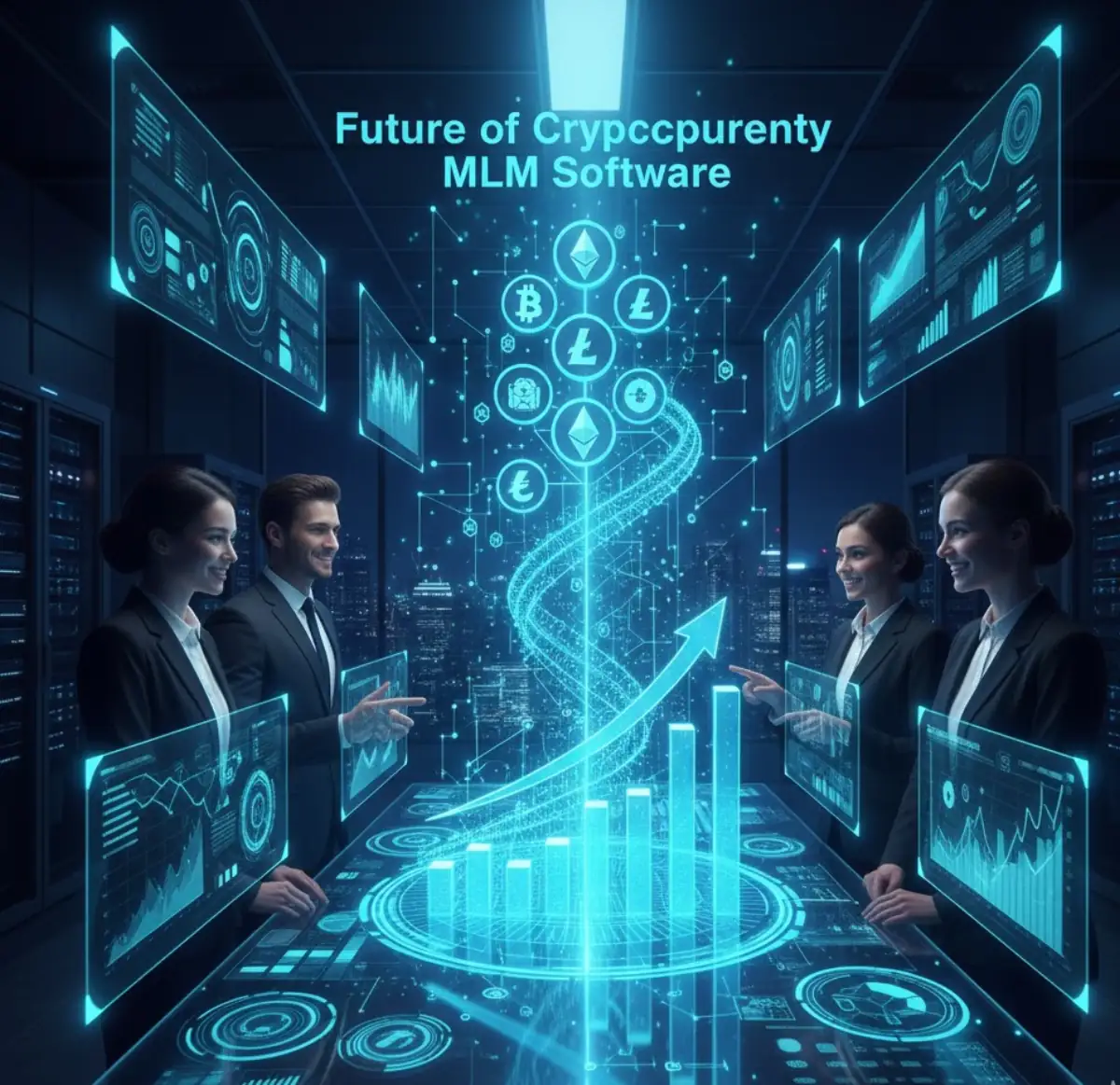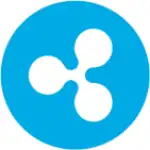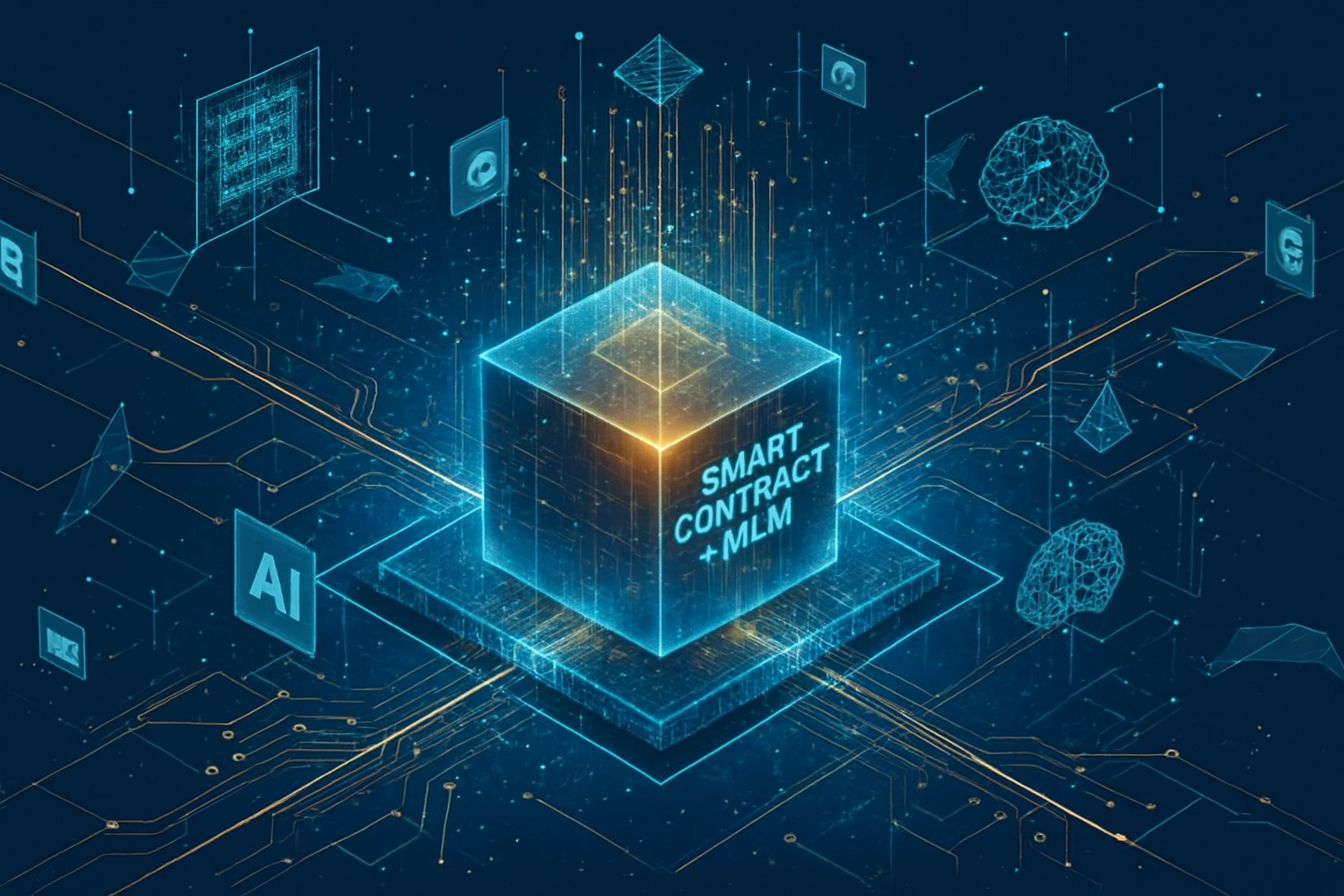We build secure and scalable Crypto MLM software for custom compensastion networking plans. Our solutions offer real-time payouts, crypto wallet integration, and automated smart contract based MLM operations.
Enterprise crypto MLM software that uses decentralized dApps for trustless onboarding and payouts, running on smart contract execution with a tamper-proof blockchain architecture.
Our Token Based MLM Software allows users to participate in MLM plans by purchasing project custom token as the entry investment. All rewards and commissions are distributed in project token with complete transparency. The system supports token distribution logic, staking style rewards, level income, referral earnings, and automatic token withdrawal. We also prepare your token for DEX listing so price, liquidity, and circulation remain verifiable. This creates a modern, high tech token driven MLM ecosystem with full automation.
MLM Software Developer
Cryptocurrency MLM Projects Delivered
Client Success Rate
Ongoing & Repeat Partnerships

Explore modern blockchain-driven MLM system creation featuring distributed logic, automated reward cycles, secure participant coordination, immutable records, scalable growth mechanisms, and digitally structured network operations designed for next-generation entrepreneurial ecosystems
Our crypto ROI MLM software allows users to invest in cryptocurrencies and earn automated daily or periodic returns. Backed by smart contract execution and secure crypto wallet integration, it delivers consistent, transparent, and trustless reward settlements.
Our blockchain-powered board plan MLM software uses a cycle-based model, allowing users to progress through multiple boards as they recruit. Smart contract automation manages payouts, transitions, and records with unmatched transparency and security.
Crypto unilevel MLM software allows distributors to sponsor unlimited members. Powered by blockchain, it ensures transparent commissions, secure crypto transactions, and scalable growth for decentralized multi-level marketing networks.
Crypto binary MLM software uses smart contracts to create two direct downlines for balanced growth. Automated payouts, real-time tracking, and transparent commission management enhance trust and operational efficiency in MLM networks.
Hybrid crypto MLM software combines binary, matrix, and unilevel models. Blockchain automation manages complex compensation, offering flexible earnings, transparent payouts, and scalable MLM operations.
Matrix crypto MLM software supports fixed levels, spillover control, and real-time genealogy tracking. Smart contracts automate commissions, maintain hierarchy transparency, and ensure sustainable growth for cryptocurrency MLM networks.
Generation MLM software allows earnings across multiple generations. Blockchain smart contracts automate payouts, increase transparency, and provide long-term stability for crypto-focused MLM businesses.
Custom crypto MLM software development integrates wallet support and smart contract automation. Decentralized platforms are secure, scalable, and performance-driven, tailored to multi-level marketing business plans and blockchain-based operations.
Crypto crowdfunding MLM software enables transparent capital raising and rewards participants via automated smart contracts. Ideal for startups and enterprises combining blockchain crowdfunding with community marketing.
Our Crypto MLM Software is engineered with strict adherence to internationally recognized security, privacy, and financial compliance frameworks. We strictly follow the following global security standards:








Choosing the right technology partner is essential for building a secure, high-performance crypto MLM ecosystem. Our team combines blockchain expertise with a deep understanding of MLM structures to create platforms that drive growth, transparency, and long-term stability. Here’s why we are the ideal partner for your crypto MLM software development:

As a trusted Crypto MLM Software development company, we focus not only on building robust platforms but also on analyzing every challenge to deliver the most effective and compliant MLM solutions. Our approach ensures innovation, transparency, and long-term success for your business.
Our team of experienced blockchain and MLM software developers leverages advanced technologies to craft secure, transparent, and high-performing platforms that empower your crypto network business.
We deliver customized crypto MLM platforms built around your business model. From smart contract integration to automated payout systems, our innovative approach makes your software stand out in the competitive MLM market.

We design crypto MLM software that is fully secure, scalable, and optimized for heavy user activity and multi-level transactions, ensuring smooth growth as your network expands.
We specialize in creating custom crypto MLM software solutions designed for transparency, automation, and global reach. From smart contract–based reward systems to secure blockchain integrations, our platforms help businesses grow reliable and efficient crypto networks. See how our successful projects showcase innovation in cryptocurrency MLM software development.

This case study examines how Sakai Vault built a secure trading platform focused on fast settlement, strong asset protection, and a reliable experience for traders.
ViewOur strong ratings and verified client feedback show the trust businesses place in our cryptocurrency MLM software. These reviews highlight our ability to deliver secure, scalable, high quality blockchain MLM solutions that support long term growth, seamless automation, and reliable performance, reinforcing our position as a trusted partner in crypto powered MLM development.
Nadcab Labs, a premier Crypto MLM Software Development Company and blockchain development company, empowers businesses to build transparent, automated, and globally scalable MLM ecosystems. Some of the main benefits include:
Every transaction, from commissions to network growth, is safely recorded on a decentralized blockchain ledger. This creates a permanent record that cannot be changed, preventing fraud and allowing all members to verify their income and team activity easily.
Since there are no middlemen involved, the risk of fund misuse or delayed payments is removed. Smart contract technology ensures that all transactions are transparent, verified, and secure, helping build trust among users.
Smart contracts automatically calculate and release commissions, bonuses, and rewards once certain conditions are met. This saves time, reduces manual work, and ensures quick and accurate payments for every member.
The admin dashboard gives you real-time updates about member activities, referrals, and income reports. These live insights make it easier to track performance and manage the entire network smoothly.
Cryptocurrency works without the limits of traditional banking. This means your MLM business can grow globally, allowing users to join and earn from anywhere without currency conversion issues or borders.
The software supports multiple cryptocurrencies such as Bitcoin, Ethereum, BNB, Tron, and Polygon (MATIC). Integrated crypto wallets make transactions faster, more flexible, and accessible for users worldwide.
Crypto MLM software ensures instant payments, so members can receive and use their crypto earnings right away. Every transaction is visible on the blockchain, adding more transparency to the system.
The software includes an easy-to-use dashboard, supports multiple languages, and automates many tasks. This helps users manage their accounts smoothly even if they have no technical background.
Every transaction, from commissions to network growth, is safely recorded on a decentralized blockchain ledger. This creates a permanent record that cannot be changed, preventing fraud and allowing all members to verify their income and team activity easily.
Since there are no middlemen involved, the risk of fund misuse or delayed payments is removed. Smart contract technology ensures that all transactions are transparent, verified, and secure, helping build trust among users.
Cryptocurrency MLM software market forecasted to hit $6.8 billion by 2030, driven by 19.4% CAGR.
Overall projection reaches $12 billion by 2035, reflecting 606% total growth from 2024 base.
Smart contract MLM is projected to reach $3.68B by 2035, highlighting blockchain-led automation demand.

Enabling companies through blockchain-oriented network marketing platforms that deliver automated incentive flows, tamper-resistant participant structures, frictionless operational scaling, transparent digital interactions, and resilient distributed frameworks tailored for modern commercial expansion.












We use a powerful combination of front-end, back-end, blockchain, and security technologies to create reliable, scalable, and future-ready Crypto MLM software.
AI-powered automation is transforming smart contract based Crypto MLM platforms into intelligent, data-driven systems. Our experts combine AI with blockchain to deliver faster, secure, and scalable MLM applications that optimize decision-making and maximize business potential.
Predictive insights improve growth and earnings in smart contract based MLM networks
Smart contract optimization increases accuracy, automation, and transparency
AI in smart contract based MLM platforms enhances security, scalability, and efficiency

Creating a scalable and secure Crypto MLM Software requires a well-structured, technically strong, and transparent development workflow. We follow a streamlined process that ensures every MLM platform is reliable, automated, and optimized for long-term performance.
The process begins with a detailed discussion to understand the client’s MLM model, payout structure, and blockchain preferences. Along with analyzing the core MLM requirements, we also identify supporting needs such as Web3 wallet integration, custom token creation, Telegram AI bot integration for automated onboarding, KYC and AML verification modules, and a secure crypto payment gateway. At this stage we finalize the complete MLM logic which includes levels, payout percentages, capping limits, spillover rules, and mlm plan types such as Binary, Matrix, Unilevel, Board, and ROI based structures.
Our excellence in developing innovative crypto MLM platforms and software solutions has earned us multiple industry recognitions and global awards.






We provide personalized crypto MLM software solutions by analyzing your business goals and technical needs, delivering a clear and accurate cost estimate.
Complexity of MLM Plans and Reward Structures
Security Measures and Regulatory Compliance
Multi-Platform and Wallet Integration Capabilities
Choice of Blockchain Networks and Technology Stack
Scalability and Performance Requirements

Cryptocurrency MLM software is a digital platform that helps run and manage multi-level marketing (MLM) businesses using cryptocurrencies like Bitcoin, Ethereum, or custom tokens.
It automates tasks such as user registration, commission tracking, wallet management, crypto payments, and smart contract execution. Built on secure blockchain technology, it ensures transparency, fast transactions, and error-free management for all users in the network.
A crypto MLM software works by integrating blockchain for secure, automated processes. Users join networks, refer others, and earn rewards in cryptocurrencies via smart contracts that trigger instant payouts. This setup eliminates manual errors, supports global participation, and tracks genealogy in real-time for efficient MLM management.
Yes, cryptocurrency-based MLM businesses can operate legally in many regions including the USA, Europe, Asia (including India), and the Middle East, provided they comply with local digital-asset regulations and do not function as pyramid schemes. The global legality of MLM depends on transparent compensation structures, regulatory compliance, and adherence to consumer-protection laws.
Popular choices for MLM software include Ethereum for its robust smart contracts, Solana for speed, and Binance Smart Chain for low fees. These enable seamless crypto MLM transactions, supporting diverse tokens like BEP-20 or TRC-20 to match your business’s scalability needs.
Absolutely, cryptocurrency MLM software can integrate mining pools where participants earn from proof-of-work or stake activities. This hybrid approach boosts engagement by combining referral bonuses with mining yields, all automated via blockchain for verifiable crypto MLM rewards.
When choosing the right cryptocurrency MLM software, it’s important to focus on features that ensure transparency, automation, and long-term scalability. Some of the most essential ones include:
Together, these features make your decentralized MLM software more efficient, secure, and trusted by users worldwide.
Cryptocurrency MLM software is highly adaptable, allowing tweaks to binary, unilevel, or hybrid plans. Developers can integrate custom ROI modules or board-based progression, tailoring the platform to your crypto MLM vision while maintaining blockchain’s core transparency.
Advanced crypto MLM software is built for scalability, handling thousands of users via Layer-2 solutions like Polygon. It processes real-time transactions without lags, ensuring your network expands seamlessly as recruitment surges in the competitive crypto MLM space.
Crypto MLM software incorporates KYC/AML modules and jurisdiction-specific checks to meet legal standards. By leveraging audited smart contracts, it maintains audit-ready logs, helping businesses operate ethically across regions like India or the EU without regulatory hurdles.
Crypto MLM platforms drive revenue by automating commissions and expanding global reach. With blockchain’s transparency, users trust the system, increasing recruitment.
Yes, crypto MLM software is cost-effective for startups. White-label solutions and scalable blockchain networks like Binance Smart Chain reduce development costs, while automation cuts operational expenses, making it ideal for new businesses entering the crypto MLM space.
Crypto MLM software is designed with user-friendly dashboards and multilingual support, making it accessible for non-technical users. Automated features like smart contract payouts simplify tasks, enabling distributors to focus on recruitment without needing blockchain expertise.
Yes, advanced crypto MLM software includes live analytics dashboards.
Blockchain’s immutable ledger records every transaction, preventing tampering. Smart contracts eliminate intermediaries, reducing fraud risks.
Crypto MLM software is built with modular architecture, allowing updates for new cryptocurrencies or blockchain upgrades. This flexibility ensures your platform stays competitive, supporting emerging tokens or Layer-2 solutions for evolving crypto MLM markets.
Yes, most platforms support major wallets (MetaMask, Trust Wallet, Ledger) and secure payment gateways for smooth deposits, withdrawals, and transactions.
Maximise your cryptocurrency ROI with Nadcab Labs’ advanced Cryptocurrency MLM Software Development services. Our Crypto MLM development company supports major blockchain networks including Bitcoin, Ethereum, Solana, TRON, Polygon, and Binance Smart Chain, enabling businesses to launch powerful and scalable MLM systems. From Binary, Matrix, and Uni-Level MLM plans to Hybrid and Generation structures, we deliver customised crypto MLM software.
Explore Opportunities